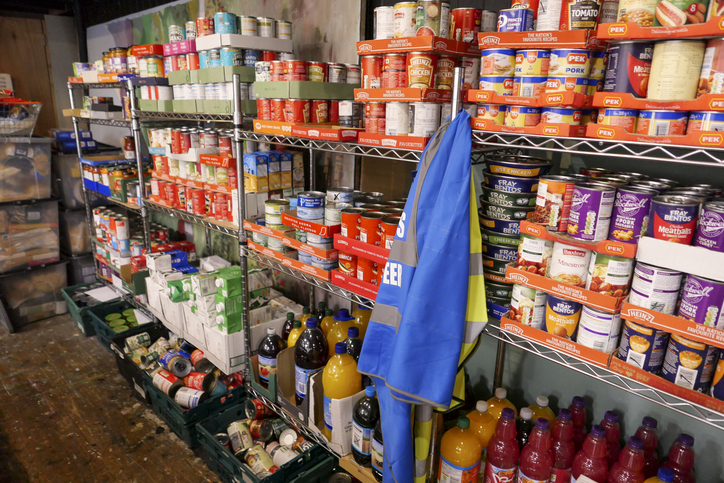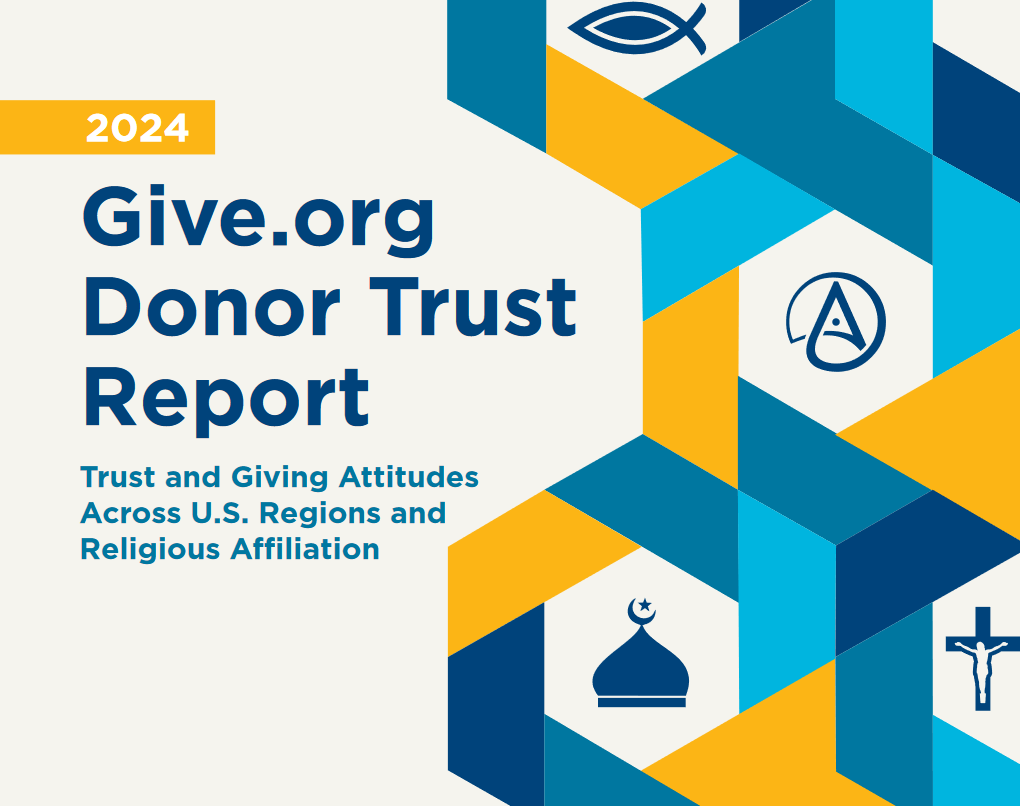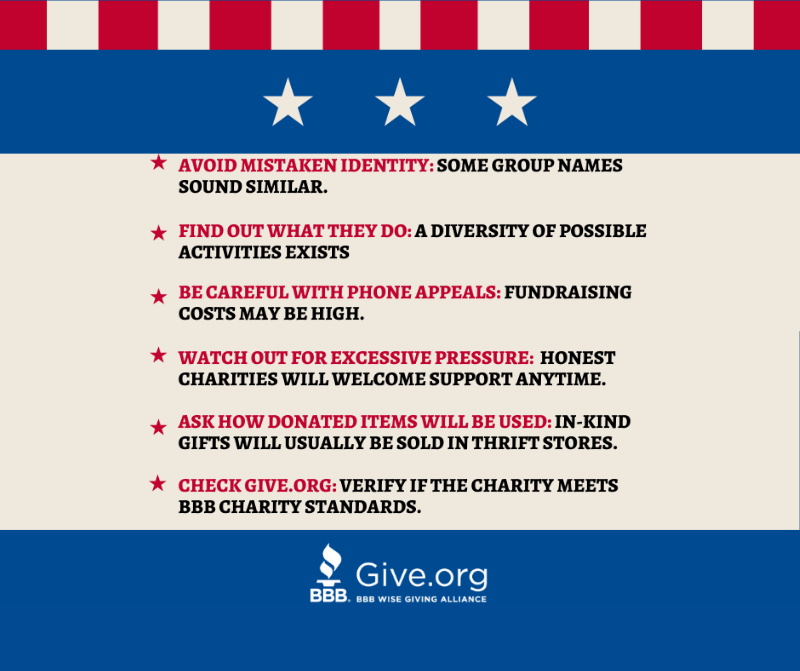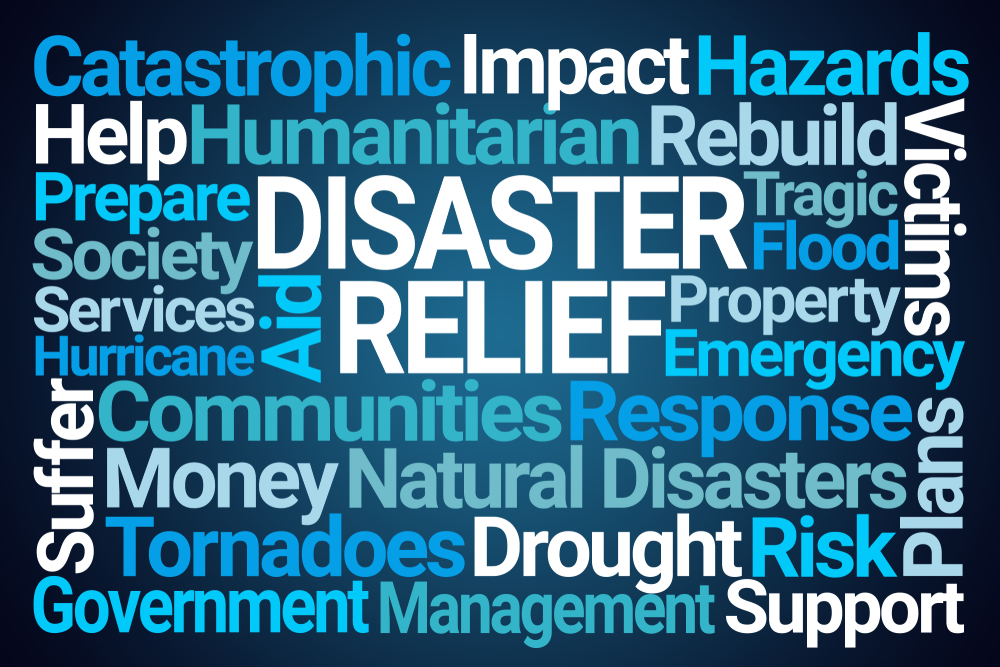Wise Giving Wednesday: The Importance of State Regulation of Charities

Understanding State vs. Federal Charity Regulation
State governments, primarily through Attorneys General and Secretaries of State, play a key role in charity regulation.
While some may think about the Internal Revenue Service as a U.S. government regulator of charities, that agency is generally focused on how charities comply with federal tax law to maintain their tax-exempt status. Also, some donors are familiar with the IRS Form 990, the annual financial form that charities complete if their gross receipts are $200,000 or more (or the shorter IRS Form 990-EZ if less than that threshold.)
For the most part, however, state charity regulators (such as state offices of the Attorneys General and the Secretaries of State) serve as the primary regulators of charities. The majority of states require charities to annually register and file financial information if they intend to solicit for charitable donations in that state. And, they can take action against charities found violating the duties of obedience, loyalty and care in how they manage the assets of the organization. When identified, states also can act on misleading appeals and/or fundraising campaigns that are not properly administered.
But the IRS and state regulators are quick to point out that the receipt of charitable tax-exempt status, completion of the IRS Form 990, and/or registration with a state agency does not constitute or imply endorsement, approval or recommendation by that government entity.
Meeting Standards Beyond Legal Requirements
As a standards-based charity evaluator, BBB Wise Giving Alliance looks beyond the legal requirements in completing its reports on charities. While some of these issues in the BBB Standards for Charity Accountability overlap with legal requirements, the specific recommendations included in these standards, in many instances, call for practices that stretch beyond what the law can address. The distinction between legal requirements and voluntary recommendations is also reflected in the language used to describe them. One complies with regulations because the law requires it, in contrast one meets a standard if one chooses to follow it. In some ways, BBB Wise Giving Alliance seeks to help fill the trust gap between what charities are required to do by law and what the public expects them to do as good stewards of their generosity.
Heart of Giving Podcast – Stacey D. Steward on The Evolving Mission of Mothers Against Drunk Driving
This week’s Heart of Giving Podcast features Stacey D. Stewart, CEO, Mothers Against Drunk Driving (a BBB Accredited Charity) which works to promote greater awareness about the problem of substance-impaired driving and underage drinking, to mobilize communities in eliminating these problems, and to support and provide advocacy services to drunk and drugged driving victims and their families.
Explore Three of Our Latest Reports
We are always working with charities to publish or update reports for donors. Visit Give.org or local BBBs to check out any charity before giving. Our recently evaluated charities include:
Finally, remember to let us know by going to give.org/charity-inquiry if you are interested in seeing a report on a charity not on the list and we will do our best to produce one.












.jpg?sfvrsn=8073f1a5_0)
















